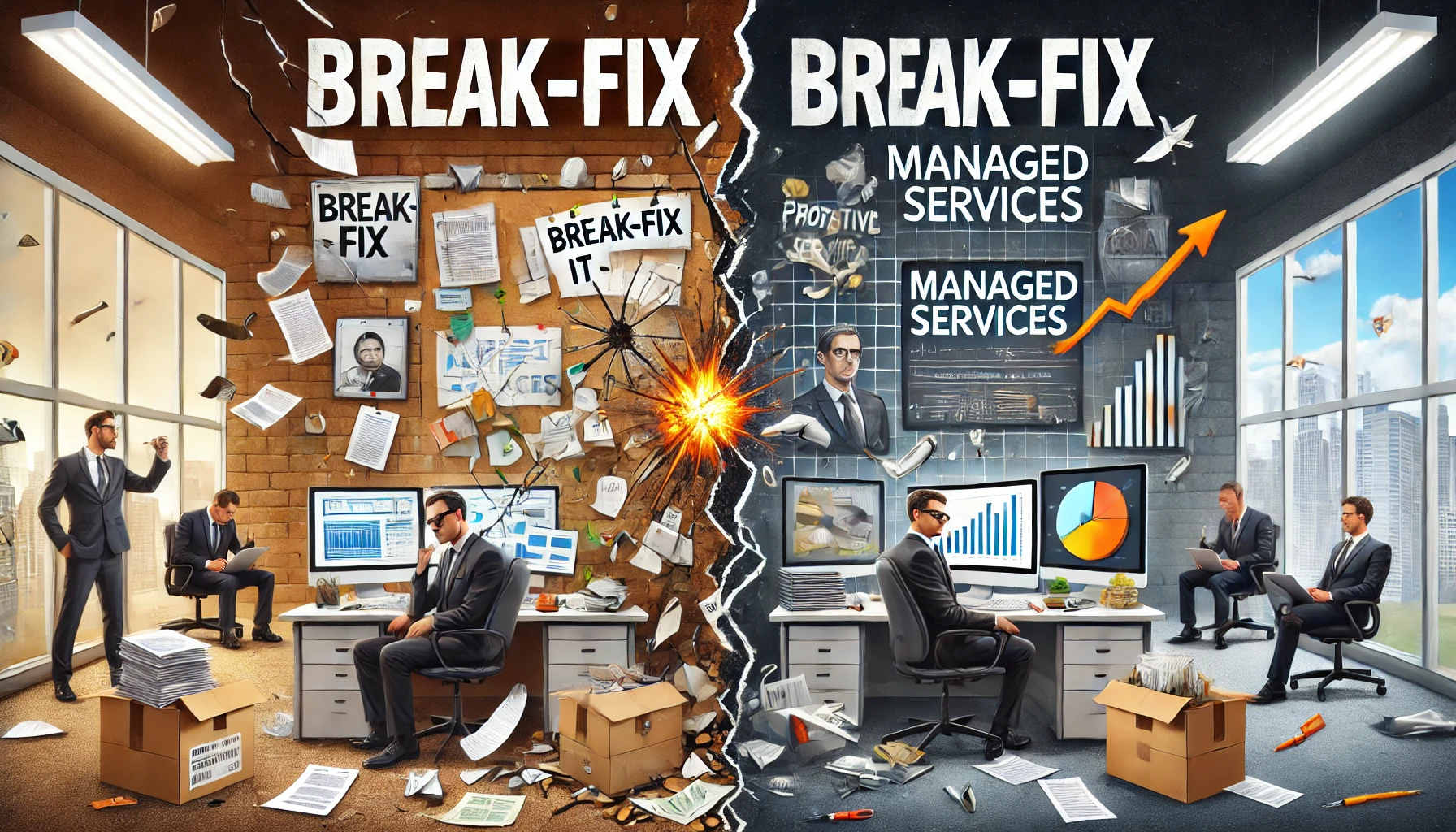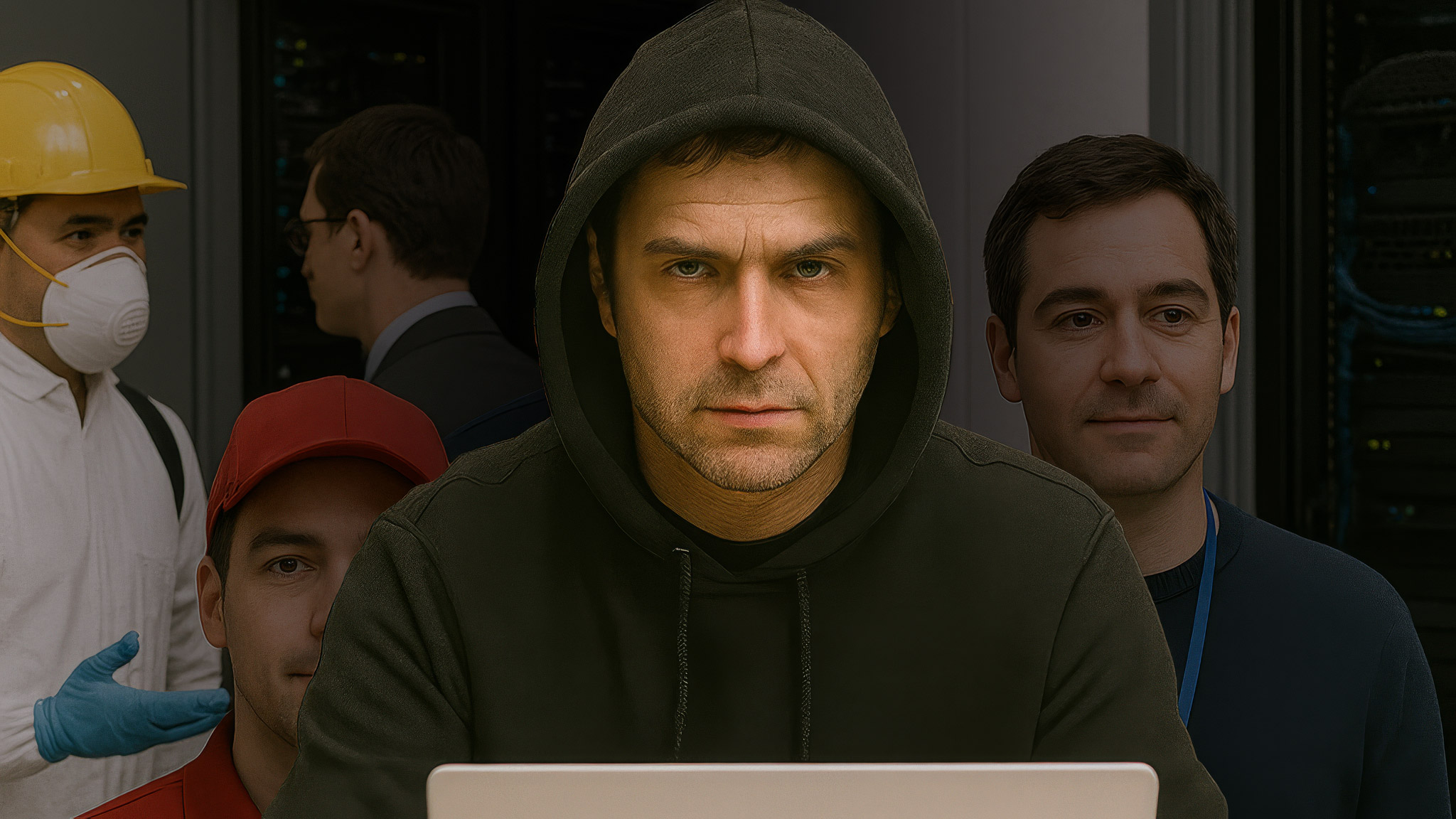Those of us who’ve been paying attention to the race to the cloud no doubt look at 2020 as a watershed year for adoption. As quarantines were put in place, businesses were suddenly faced with a stark, grave decision: Get into the cloud and keep their operations moving, or drag their feet and, in all likelihood, go out of business.
By this point, it’s all but universally accepted that those months of lockdown caused the value of on-prem systems to evaporate overnight and prompted C-suite decision makers to become more open to embracing the cloud. What’s especially important for MSPs to remember is the precise motivation that drove business owners to this scenario: preserving communications. Contrary to predictions envisioning a need to preserve data, what mattered most to lockdown-affected businesses was the ability to communicate and collaborate internally and externally.
Businesses were so desperate to enable these capabilities, of course, for the simple reason that without employees—and especially without a customer base—a business is defunct. The fact that upholding both of these crucial requisites took a cloud-hosted communications solution neatly illustrates the importance of such a system. Unlike the old days, where a phone was just a commodity, communications technology has now become the heart of every business, and ensuring it keeps beating in any circumstance is simply non-negotiable.
But let’s not boil this lesson down to the typical tech buzzwords. Being “in the cloud” or “hosted,” having “web apps” or a “sync” are really just means to an end, which is business continuity, the guarantee that your business operations will continue no matter what the outside circumstances are. All else being equal, it’s that ability to maintain contact both internally with employees and externally with customers that puts a business ahead of the game. It follows that what a business needs most from the cloud is providing communications that are securely accessible anywhere, anytime, and on any device.
By the same token, it’s understanding this need for continuity in communications that will put an MSP ahead. Again, just being in the cloud isn’t what customers are after—what they’re really after is the agility to securely keep business communication channels open in any situation. Delivering that specific capability is what makes managed services valuable, and any use of the cloud needs to be approached from that perspective.
That said, not just any cloud-hosted unified communications and collaboration (UCC) system will do for any given business. It may seem like an easy choice to just go with the biggest brand or the vendor who spends the most on advertising. But if the solution doesn’t deliver continuity in a convenient, effective, profit-boosting, and secure-by-design manner, it’s simply not what’s going to best enable that business’s operations. As much as every company needs communications, not all communication needs are the same; as a result, we can’t expect a one-size-fits-all approach to work.
The process of getting end customers set for success cannot start with chasing trends or thinking about technology as its own advantage; rather, it has to start with considering what business value is being delivered with the solution. Can you ensure that the end users will be able to get up and running fast, with minimal training? Can it be deployed quickly and used on any device, without software downloads? Does it feature an all-inclusive set of collaboration capabilities? Is it secure by design, rather than relying on high-maintenance external security measures such as VPNs? It’s only by addressing these questions that an MSP can determine if what they’re delivering to customers actually achieves business value.
The overarching business priority is continuity in communications—not just the cloud in and of itself. The MSPs or systems integrators who will win the day are the ones who can deliver a UCC solution that can connect employees even while they’re outside the office, ensure customers don’t have to jump through extra hoops when they want to call in to the sales department or support, and can be relied upon during any worst-case scenario.
The ability to constantly be in contact is what businesses value most. MSPs who frame communications continuity within the context of cloud will make the most of the market’s coming changes.
ROBERT COOPER is the managing director of Wildix, where he leads the charge toward a channel-focused approach to unified communications. In addition to his military background, he has over 20 years of experience in leading technology sales teams and has served on the White House Conference on Small Business.














